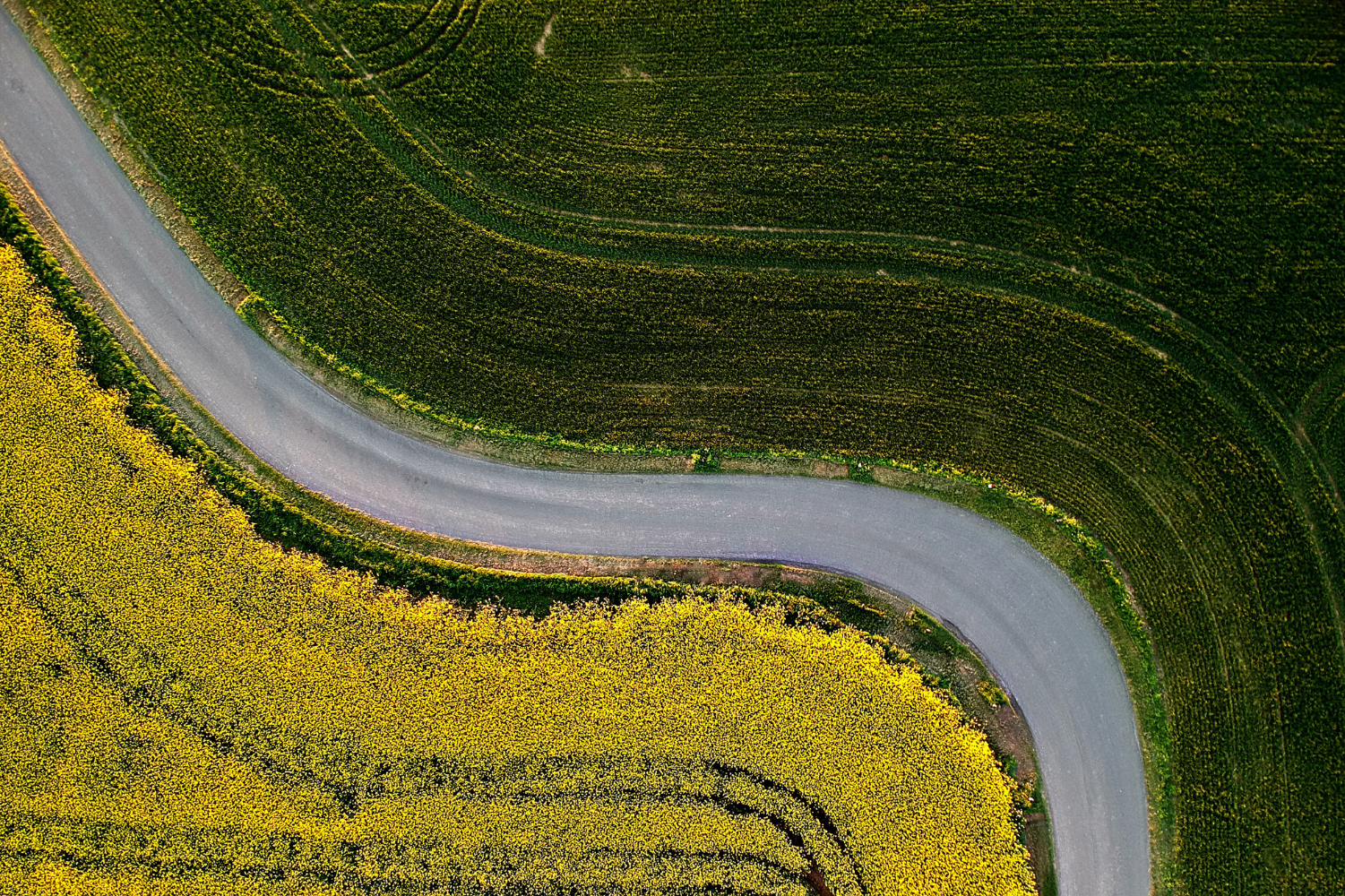Risk Mitigation and Confidence
Drones, like other technological devices, have unforeseen technical challenges such as glitches, bad weather or even human error. Drone insurance is important because it serves as protection against these contingencies.
Through having insurance coverage, drone operators can fly confidently knowing that any accidents that may occur will be handled by the insurer. This guarantee promotes responsible flying and adherence to safety regulations.
Financial Protection
Drones despite their advanced safety features can still cause accidents. Be it hitting a person, property damage or crashing, the financial repercussions are enormous.
One of the various aspects of drone insurance is that it protects pilots from paying for damages inflicted by them through their drones. When your drone injures someone or destroys his/her property, liability coverage compensates you for the legal and medical expenses incurred.
As for Hull Insurance, this particular form of insurance focuses on the drone itself; therefore, it pays for any repairs needed in case of damage or malfunction.
Privacy and Legal Risks
Drone insurance will come to your rescue if you are sued because someone believes you are spying them (even when you aren’t). For this reason, insurance saves you from spending all your money on legal fees as well as damages, which may be awarded against you.
Business Considerations
Insurance is not only important to shield a drone business from liability but also keep its reputation intact. Even those who fly drones for fun should consider taking hull coverage so that they can have some protection in case they crash their gadgets.
This insurance offers peace to both professional and amateur flyers alike who fly either just for enjoyment or for commercial purposes.
Choosing the Right Drone Insurance
Both for those who engage in drone activities as a hobby and for commercial drone users, choosing the right drone insurance is very important. The following steps can help you select the best coverage:
1. Assess Your Needs
Start by looking at what specifically you need. Do you just fly occasionally as a hobbyist, or do you use drones for business purposes? Assess how much coverage you will require based on your drone usage. You may also want to see if there is any liability coverage, hull insurance (for physical damage of the drone), or additional insurance covering equipment and accessories.
2. Comparison Shopping
Afterwards, start researching various types of drone insurance policies. Make comparisons between different providers’ coverage options, deductibles, and premiums among others. Do not focus only on price; think about the quality of coverage provided, customer service offered and whether they have built a good reputation.
3. Understand Policy Terms
Ensure that policy documents are read carefully. Understand the definitions used in such policies as well as terms and exclusions. Identify any limitations like flight restrictions, limits of coverage or deductibles that apply here. Confirm that the policy agrees with your specific kind of drone usage.
4. Seek Professional Advice
Sometimes, choosing the right insurance coverage for your drone can be very overwhelming. In that case, it’s better to consult an insurance expert who is experienced in drone insurance. They will give you individualized advice that suits your specific situation.
Choose Drone Insurance Online because our team of specialists in drone insurance will help you through the process of getting insured and find the most suitable policy for you.
Conclusion – Contact Drone Insurance Online
Drones are now taking over, capturing astounding views and opening up fresh perspectives. That said, great technology comes great responsibility. Your aerial escapades need a cushion for when things get rough, and that savior is drone insurance.
If you still struggle with picking a drone insurance coverage, then consider visiting Drone Insurance Online. We have a detialed ebook with a lot of information to help both beginner and seasoned drone pilots find the perfect drone insurance coverage.
Visit Drone Insurance Online today!
FAQ
Do I really need drone insurance if I’m just a hobbyist?
Even drone enthusiasts who do not fly drones professionally should consider an insurance policy. Nobody is immune to accidents and this is why it is so important to have insurance that will help you cover possible legal expenses and compensate for any possible financial loss as well as damage.
What does drone liability insurance typically cover?
Drone liability insurance typically covers claims for bodily injury and property damage arising out of your operation of the drone. In case by accident your drone injures someone or damages their property, liability insurance would assist with paying legal costs and compensation that might be needed.
Is drone insurance expensive?
The price for insuring your unmanned aerial vehicle (UAV) may differ depending on various factors such as what kind it is, its value, how often you use it and which types of coverage are selected.
To put it in general terms, basic liability coverage may be quite affordable while comprehensive policies including hull and equipment coverage might cost more. Therefore, it’s essential to compare different policies from various companies so as to get the most competitive rates for your own circumstances.
Will drone insurance cover me if I fly in restricted areas or violate regulations?
Most drone insurance have exceptions, which don’t compensate for accidents that occur in restricted locations or due to legal violations. To keep your insurance valid, it is important that you respect all local requirements and regulations regarding the use of drones.
How do I file a claim if my drone is damaged or I cause an accident?
To make a claim, one usually has to contact their insurance company right away after the incident takes place. Information about the accident should be given along with other related documents such as photos, videos and eyewitness accounts if any are available.
The insurance company then gives directions on how to go about processing your application depending on what exactly you are required to do.

